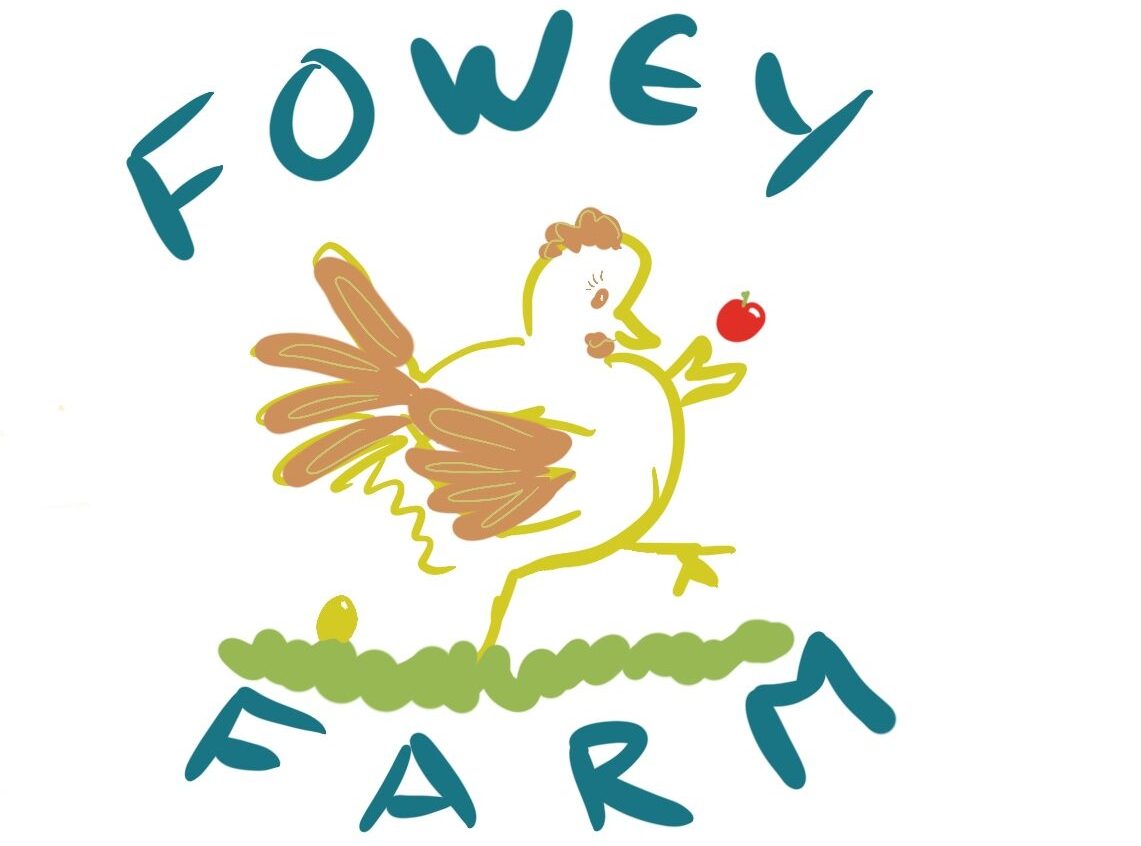Introduction
At Fowey River Academy, we are excited to embark on a journey towards a sustainable future by building a forest garden. This project will not only create a beautiful and productive space but also serve as a hands-on learning environment for our youth farm, teaching them about permaculture principles, renewable energy, animal care, and their positive impact on the environment.
Key Elements of the Forest Garden
- Permaculture Design: The forest garden will be designed based on permaculture principles, mimicking natural ecosystems to create a self-sustaining, low-maintenance, and highly productive environment. It will include a diverse range of edible plants, fruit trees, shrubs, and ground cover, creating a multi-layered, food-rich habitat.
- Renewable Energy: Solar panels will be installed to power water pumps, lighting, and other essential equipment, demonstrating the potential of renewable energy sources.
- Water Management: A borehole will provide a reliable water source for the garden. Two ponds will be created for ducks, connected by a stream that will also power a water wheel, showcasing efficient water use and energy generation.
- Composting Area: A dedicated compost area will showcase different composting methods, including traditional composting, vermicomposting (using worms), and bokashi composting (anaerobic fermentation). This will teach students about waste reduction, nutrient recycling, and soil improvement.
- Animal Care: Chickens will be integrated into the garden, providing eggs and natural pest control. Students will learn about responsible animal husbandry, animal welfare, and the benefits of integrating livestock into sustainable farming systems.
Positive Environmental Impacts
- Biodiversity Enhancement: The diverse plant and animal life within the forest garden will create a thriving ecosystem, supporting pollinators, beneficial insects, and other wildlife.
- Carbon Sequestration: Trees and other plants will capture and store carbon dioxide from the atmosphere, contributing to climate change mitigation.
- Soil Conservation and Improvement: The forest garden’s design and practices will enhance soil health, reducing erosion and promoting water infiltration.
- Renewable Energy Utilisation: The solar panels will reduce reliance on fossil fuels and decrease greenhouse gas emissions.
- Water Conservation: Efficient water management practices, such as rainwater harvesting and the use of ponds, will help conserve water resources.
- Waste Reduction: Composting will divert organic waste from landfills, reducing methane production and creating valuable compost for the garden.
Creating a Sustainable World for the Youth Farm
This forest garden project will empower our students to become stewards of the environment, teaching them practical skills and knowledge about sustainable food production, renewable energy, and ecosystem management. They will witness first-hand the positive impacts of their actions and develop a deep appreciation for the natural world.
By learning to live in harmony with nature, our students will be equipped to make informed choices and contribute to creating a more sustainable future for themselves and generations to come. This project is a testament to our commitment to environmental education and our belief in the power of young people to shape a better world.
We are excited to see this vision come to life and look forward to the countless learning opportunities and environmental benefits this forest garden will provide for our community.
Discover more from Fowey River Academy School Farm
Subscribe to get the latest posts sent to your email.

Leave a Reply